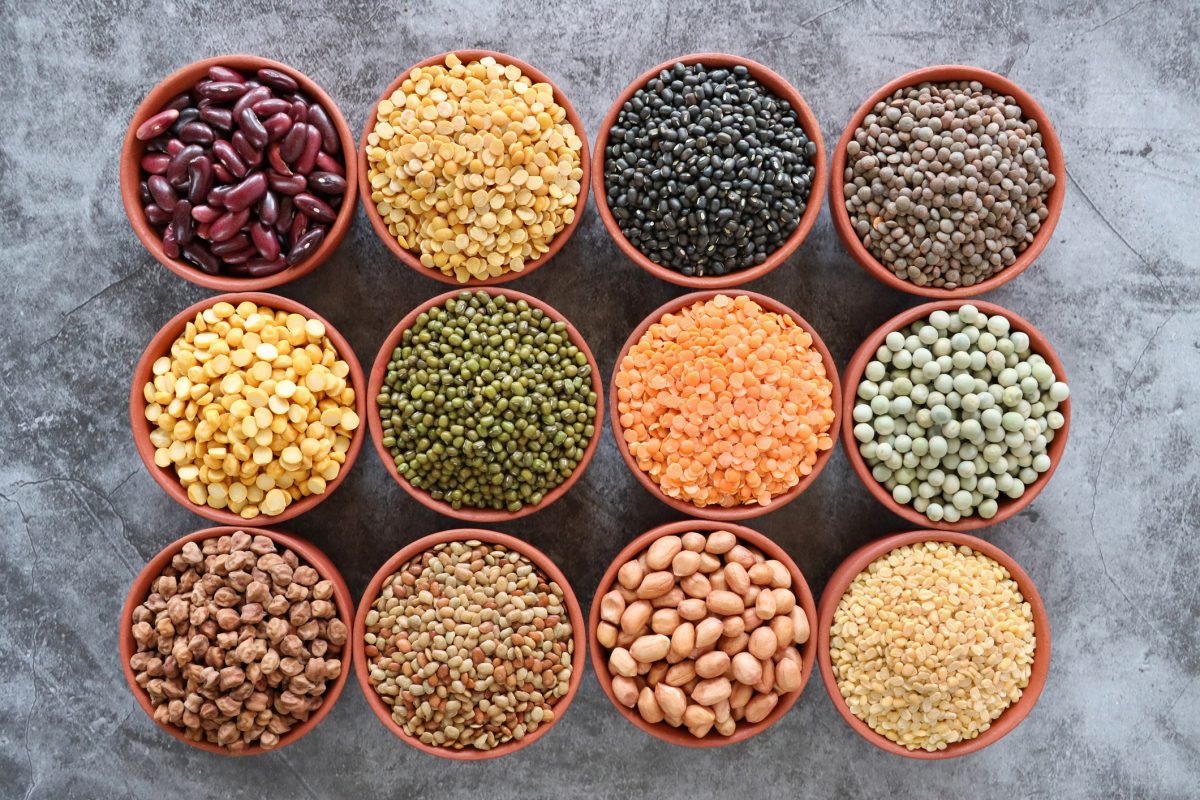Recent legislation has raised the stakes in a decade-long battle between the railways and Canadian grain shippers over the interswitching radius.
Interswitching refers to a regulation to ensure shippers located where only a single railway operates can access points that are not served by that railway. The issue is especially concerning for Canadian grain shippers because over 90 per cent of grain elevators are served by a single line.
The government recently announced it will run an 18-month pilot program to test the idea of raising the interswitching radius within the Prairie region from the standard 30 km, to 160 km.
Read Also

Pulse weekly: Canadian pea/lentil exports slow to start 2025/26
Canadian pea and lentil exports were down in November, with total movement of the two pulses during the 2025/26 (Aug/Jul) crop year-to-date running behind the year-ago pace, according to the latest international trade data from Statistics Canada released Jan. 29
The idea of testing the waters with a “pilot” was a compromise to bridge the gap between the two sides. But the only thing the two sides seem to agree on is that the pilot is a cop-out intended to punt the issue down the field and ask questions already answered.
Transport Canada already tried out the 160-km radius between 2014 and 2016. From the railways’ perspective, that program was sunsetted for a reason, and they see no sense in re-testing an idea that didn’t work.
“Now, the government wants to resurrect a policy it already recognized was a failure,” said Marc Brazeau, president of the Canadian Railway Association.
On the other hand, grain shippers saw the 2014 trial as a success, and they think the policy should have continued.
“I don’t know why we need a second pilot; it should have been made permanent right off the bat,” said Wade Sobkowich, executive director of the Western Grain Elevator Association (WGEA).
Keep an eye out for an in-depth look at the interswitching controversy in the next issue of the Manitoba Co-operator, where we will examine both positions in detail.
— Don Norman reports for the Manitoba Co-operator in Winnipeg.














